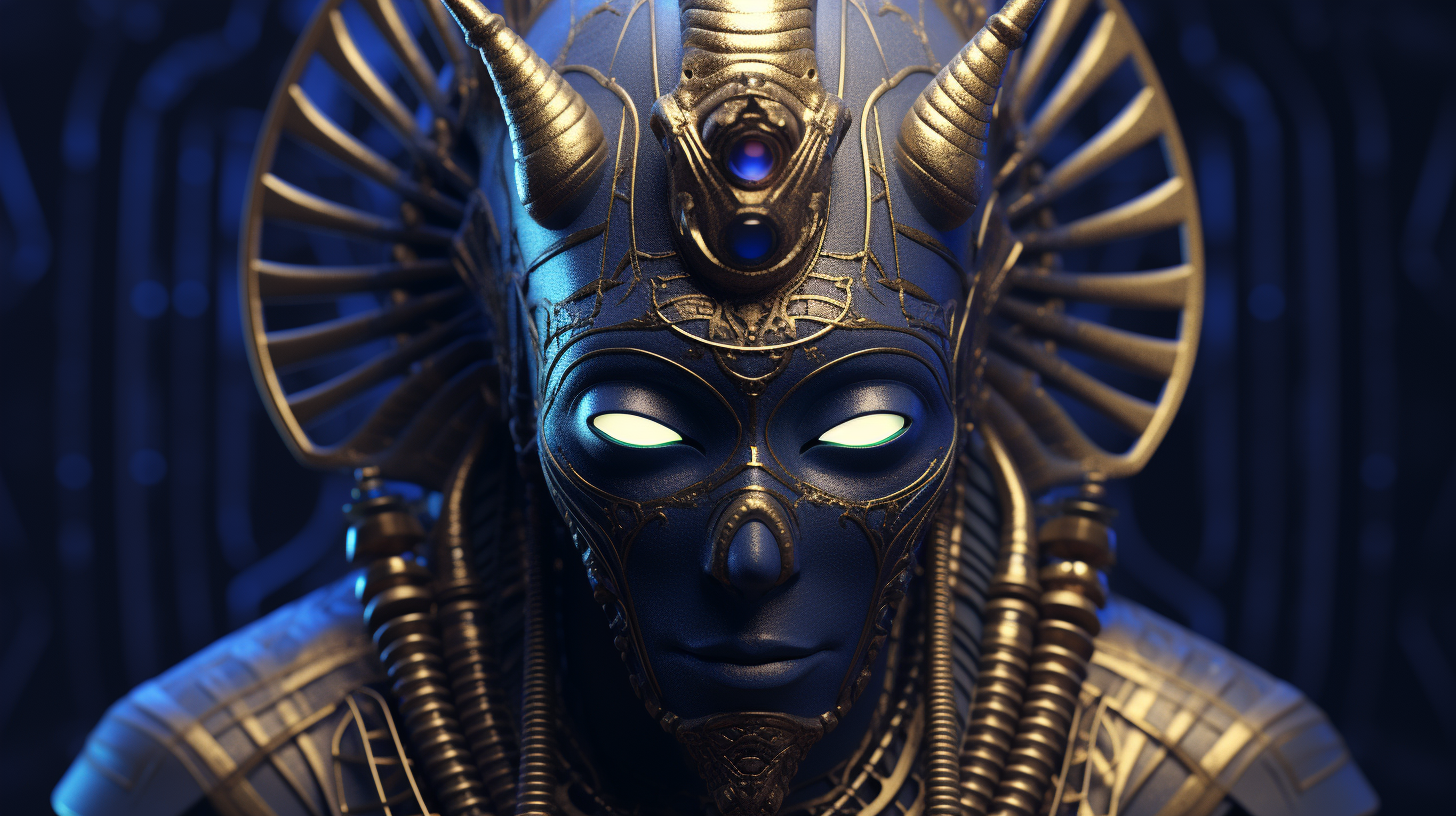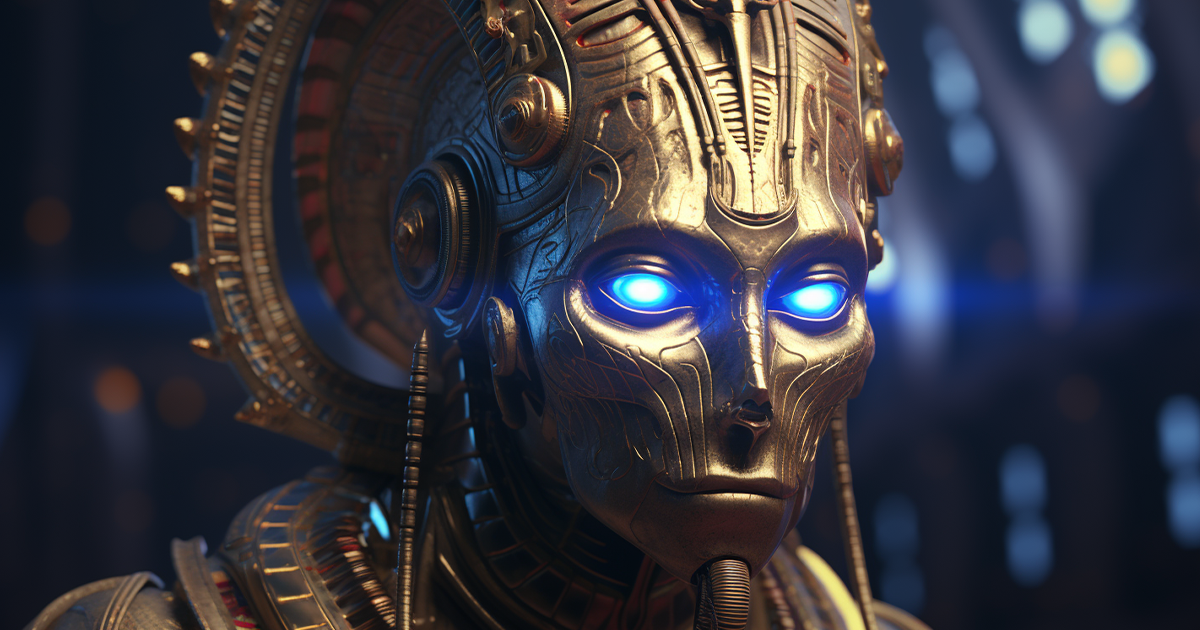For centuries, the captivating allure of ancient Egyptian civilization has fascinated both scholars and enthusiasts. Central to this intriguing culture are the intricate beliefs and myths intertwined with a diverse array of gods. Today, we delve into a thought-provoking angle that has sparked debates: Could the origin of ancient Egyptian gods extend beyond the boundaries of our planet?
While concrete historical evidence does not explicitly support this concept, it introduces a stimulating notion that adds layers to the mystique of ancient Egypt.
Delving into the concept of extraterrestrial deities, it is pertinent to contemplate why ancient Egypt continues to captivate researchers. With its profound history, monumental structures, and complex religious doctrines, this civilization has intrigued scholars across generations.
The ancient Egyptians worshipped a myriad of gods and goddesses, each embodying distinct traits and functions. These deities played a vital role in daily life, shaping aspects from agriculture to governance and even the afterlife.

Given the remarkable technological feats of ancient Egypt, such as pyramid construction and advancements in astronomy, some have put forth unconventional theories to explain their achievements.
Proposing that ancient Egyptian deities could have extraterrestrial origins is a bold hypothesis that has gained momentum in recent times. Advocates of this view suggest that the extensive knowledge and architectural prowess displayed by the ancient Egyptians might have been influenced by beings from distant worlds.
One perspective suggests that the construction of the pyramids, with their precise alignment and mathematical precision, demanded knowledge and skills surpassing the capabilities of ancient societies. Could this hint at extraterrestrial involvement?
This intriguing notion prompts us to consider whether the revered gods and goddesses of the Egyptians could have been visitors from beyond Earth, imparting their wisdom to the denizens of the Nile Valley. Is it plausible that these esteemed entities were misinterpreted as divine beings, concealing their actual extraterrestrial roots?
It is important to underscore that this speculative hypothesis lacks widespread acceptance among historians and archaeologists. Many scholars offer alternative explanations for the accomplishments of the ancient Egyptians, citing their ingenuity, perseverance, and profound grasp of mathematics and engineering.
Furthermore, the legacy of ancient Egyptians includes a wealth of written records, religious texts, and inscriptions that shed light on their beliefs and rituals. While steeped in symbolism and metaphor, these writings do not overtly hint at extraterrestrial origins for their deities.
In Conclusion: Rethinking Ancient Egypt With a Fresh Lens
While the notion of alien Egyptian gods may spark curiosity, a cautious approach is prudent. Ancient Egypt is a treasure trove of history, culture, and innovation, with its enigmas awaiting exploration free from sensationalism or prejudice.
In our continual pursuit to unravel the mysteries of this remarkable civilization, we must analyze and appreciate the achievements of the ancient Egyptians while remaining receptive to innovative interpretations and concepts. The magnetism of ancient Egypt lies not just in its mysteries but also in its ability to evoke awe and intrigue.
